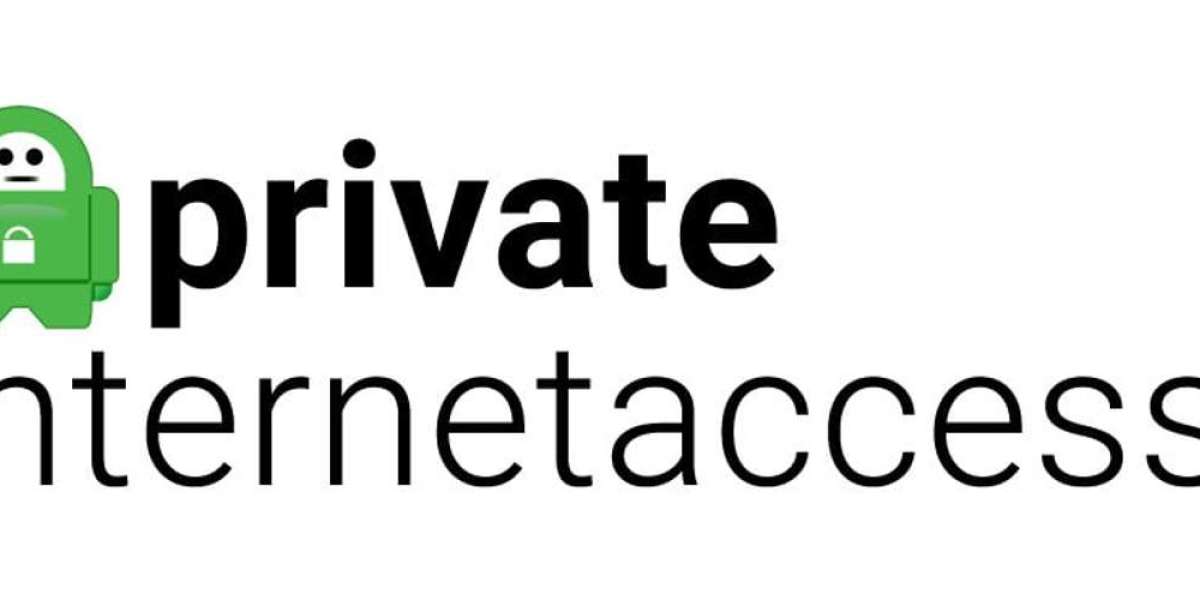When it comes to business leasing, the kind of lease you choose can significantly affect your service's monetary stability and operational flexibility. Two popular lease structures, Gross Lease vs Net Lease, have various implications for tenants. In this post, we'll dive into the details of these lease types to assist you make an informed choice that aligns with your service goals.

To start, let's clarify the fundamental definitions of Gross Lease and Net Lease:
Gross Lease:
In a Gross Lease arrangement, you pay a repaired lease total up to the proprietor. This rent covers most, if not all, property-related expenditures, such as residential or commercial property taxes, insurance coverage, and maintenance. Essentially, you have a predictable month-to-month expense for your use of an industrial property residential or commercial property.
Net Lease:
On the other hand, a Net Lease needs you to pay not only the base rent but likewise additional expenditures related to the residential or commercial property. These extras might consist of residential or commercial property taxes, insurance coverage, and upkeep costs.
Depending upon the lease type, you might have among the following:
Single Net Lease: tenant pays residential or commercial property taxes
Double Net Lease: renter pays residential or commercial property taxes and insurance
Triple Net Lease: occupant pays residential or commercial property taxes, insurance coverage, and upkeep
Breakdown of Key Differences:
Financial Responsibility
Gross rents put many of the financial problem on the property owner, while Net Leases disperse the costs in between you and the landlord. This difference directly affects your regular monthly expenses and financial threat.
Rent Structure
Gross Leases provide an uncomplicated fixed rent amount, frequently somewhat greater to accommodate consisted of costs. Net Leases integrate a base lease with additional expenditures, potentially leading to a lower base rent.
Expense Allocation
Under a Gross Lease, the property owner handles various expenses, streamlining your financial commitments. With Net Leases, you take on different levels of obligation for property-related costs, presenting versatility and intricacy into your financial plans. Additional line products like, typical location maintenance costs, occupant utilities costs, residential or commercial property management costs, yearly taxes and more contribute to your monthly extra finances.
Predictability vs. Variable Costs
Gross Leases provide you with predictable expenditures considering that your expenses remain constant. Net Leases, nevertheless, present variability due to the rising and falling nature of the building's business expenses like residential or commercial property taxes, common area utilities, and maintenance costs.
Pros and Cons of Each Lease Type:
Gross Lease Pros
- Predictable regular monthly expenses.
- Lower monetary risk due to repaired expenses.
- Less involvement in residential or commercial property management.
Gross Lease Cons
- Potentially higher base lease compared to Net Leases.
- Limited control over property-related costs.
Net Lease Pros
- Potential for a lower base rent.
- More control over area and residential or commercial property.
- Flexibility in handling expenditures.
Net Lease Cons
- Variable expenses can be challenging to spending plan for.
- Increased monetary risk due to fluctuating expenditures.
Before performing a legal contract like your lease, it's important to think about the main benefits of Gross rents vs Net Leases and how unexpected costs primary effect your organizations bottom line. A provided business areas' associated operating expense can change considerably and impact your business's financial performance.
Considerations:
1. Define Your Budget and Risk Tolerance
Understand your financial limitations and how much danger you're comfortable handling. This will assist you choose a lease type that lines up with your service's monetary health.
2. Scrutinize Lease Terms
Thoroughly review lease arrangements, especially the details of cost duties. This will avoid any surprises down the line.
3. Long-Term Financial Impact
Consider how the lease type will impact your financial resources and business operations in time. Think about your ability to adapt to possible expense variations.
Real-World Scenarios
Let's look at a couple of examples to show the effect of lease structures on occupants:
Local Boutique under a Gross Lease
Imagine a charming regional store nestled in a busy shopping district. Selecting a Gross Lease, the store pays a fixed base lease that covers not simply the space but also property-related expenses like upkeep and insurance. This choice allows the owner to concentrate on curating unique items and superior customer service, unburdened by residential or commercial property maintenance and regular monthly lease audits of the residential or commercial property's financials. With financial predictability, the shop grows as a local gem, confidently serving the neighborhood's needs while the Gross Lease offers a sturdy foundation for their success.
Consulting Firm under a Single Net Lease
A thriving consulting firm select a Single Net Lease for their office space. In this circumstance, they are accountable for paying the residential or commercial property taxes in addition to the base lease. This arrangement permits them to have more control over their area and guarantees that they contribute directly to the residential or commercial property's tax obligations. While the base lease may be a little lower than a Gross Lease, the company appreciates the transparency and particular control over a considerable element of residential or commercial property costs. They spending plan for the residential or commercial property taxes alongside their lease, supplying a balanced and workable financial outlook.
Healthcare Clinic under a Double Net Lease
A busy health care clinic selects a Double Net Lease for their center. In this case, they are accountable for both residential or commercial property taxes and insurance coverage, in addition to the base lease. This arrangement suits their needs as they wish to have a say in the residential or commercial property's insurance coverage and ensure its positioning with the clinic's requirements. By getting involved in insurance coverage choices, they can potentially protect customized coverage that provides the essential defense for their specialized equipment and services. While the base lease is adapted to represent these extra expenditures, the center values the ability to fine-tune their property-related costs to match their specific requirements.
Creative Studio under a Triple Net Lease:
In the heart of a vibrant arts district, a creative studio buzzes with development in a multi-tenant building. Embracing a Triple Net Lease, the studio handles residential or commercial property taxes, insurance coverage, and common area maintenance along with base rent. Given their co-tenants are also creatives, there is a shared, neighborhood oriented aspect all pitching in on the areas running expenses. This choice empowers them to tailor expenditures and form their environment for creative cooperation. Everyone understands utility usage, shared janitorial services, and capital expenditures. With the Triple Net Lease's versatility, the studio continues to attract varied creators, using an area where creativity knows no bounds.
Gross vs Net Lease
Understanding the differences in between Gross Lease and Net Lease is critical for occupants. Your option will straight affect your monetary stability and operational versatility. By carefully considering these lease types and aligning them with your service goals, you can lay the foundation for an effective and thriving organization journey.
Before making any lease-related choices, it's smart to consult legal and monetary professionals. Their knowledge will guide you through the complexities of lease structures, making sure that you choose that benefit your service and result in an unified tenant-landlord relationship.

Lease Accounting Resources
Take a look at our resource center. We have the templates, spreadsheets, and calculators to help you handle entire lease lifecycle.









